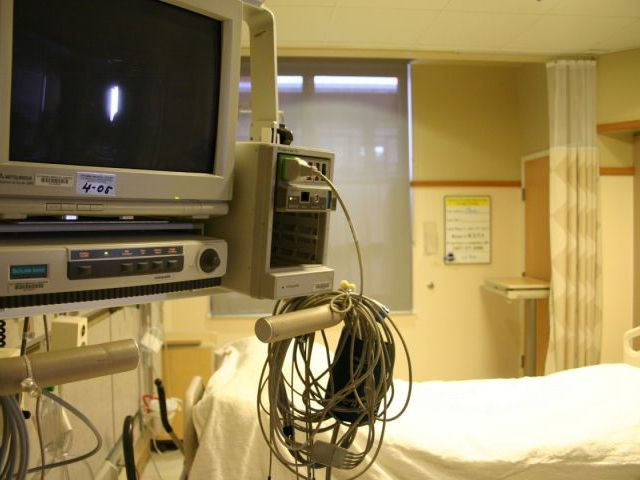Lack of health facilities: State responsible if anyone suffers or dies, says SC
SC told DRAP has barred seven firms from selling hepatitis C meds

PHOTO: FILE
A two-judge bench of the Supreme Court, headed by Justice Ejaz Afzal Khan, made the remark during the proceedings of a suo motu case relating to the increase of hepatitis C medicines across the country.
The Drug Regulatory Authority of Pakistan (DRAP) told the court that seven pharmaceutical companies had been barred from selling 400mg tablets of Sofosbuvir, which is being used for treating hepatitis C.
On behalf of DRAP, Deputy Attorney General Sajid Ilyas Bhatti submitted a report, which revealed that the Pakistan Pharmaceutical Manufacturers Association had complained to DRAP over registration of an Indian pharmaceutical company for selling hepatitis C medicines.
The report said that in its December 18 meeting, the registration board had granted registration to Sami Pharmaceutical, Genix Pharma, Tabros Pharma, Macter International, Genome Pharmaceuticals, Global Pharmaceuticals, Getz Pharma, Hilton Pharma and CCL Pharmaceuticals.
The report added that the registration board had deferred the applications of The Searle Company, Everest Pharmaceutical, Crystolite Pharmaceutical, Max Pharmaceuticals, Wilson’s Pharmaceuticals, Werrick Pharmaceuticals and Scottman Pharmaceuticals.
These companies could not qualify or provide data authenticity requirements, so they have been given the opportunity of a hearing and have been asked to appear in the next registration board meeting to explain their position. The products of drug manufacturers that were approved initially are now in the final process of fixation of prices.
“As per the policy, the price for the new generic would be 30% less than the innovator brand, thus as per this formula, the generic version of this new molecule would cost Rs26,600.... In a meeting held with the National Health Services, Regulations & Coordination minister in chair, it was recommended that the maximum benefit be given to the patient [and] the price of generic version of this new molecule should be considered at the minimum within the standards of quality,” read the report. It said the present difficulties in fixing prices may be rectified through approval of the competent authority so that the prescribed procedure of the pricing policy is addressed.
DRAP told the SC that utmost care had been taken to ensure that the entire process is transparent, fair and meets the interest of the patients.
Meanwhile, Justice Ejaz inquired from DAG Bhatti whether the son-in-law of a minister was creating hurdles in registration of manufacturing of a medicine.
He asked if a company was denied registration, then whether there was an appellate forum available in the system.
The bench remarked that according to two journalists’ reports, the son-in-law of a minister was creating obstacles for registration of affordable medicine for hepatitis C.
The court questioned whether the media reports were authentic, and asked the DAG to submit a report after examining them.
Published in The Express Tribune, January 21st, 2016.



















COMMENTS
Comments are moderated and generally will be posted if they are on-topic and not abusive.
For more information, please see our Comments FAQ